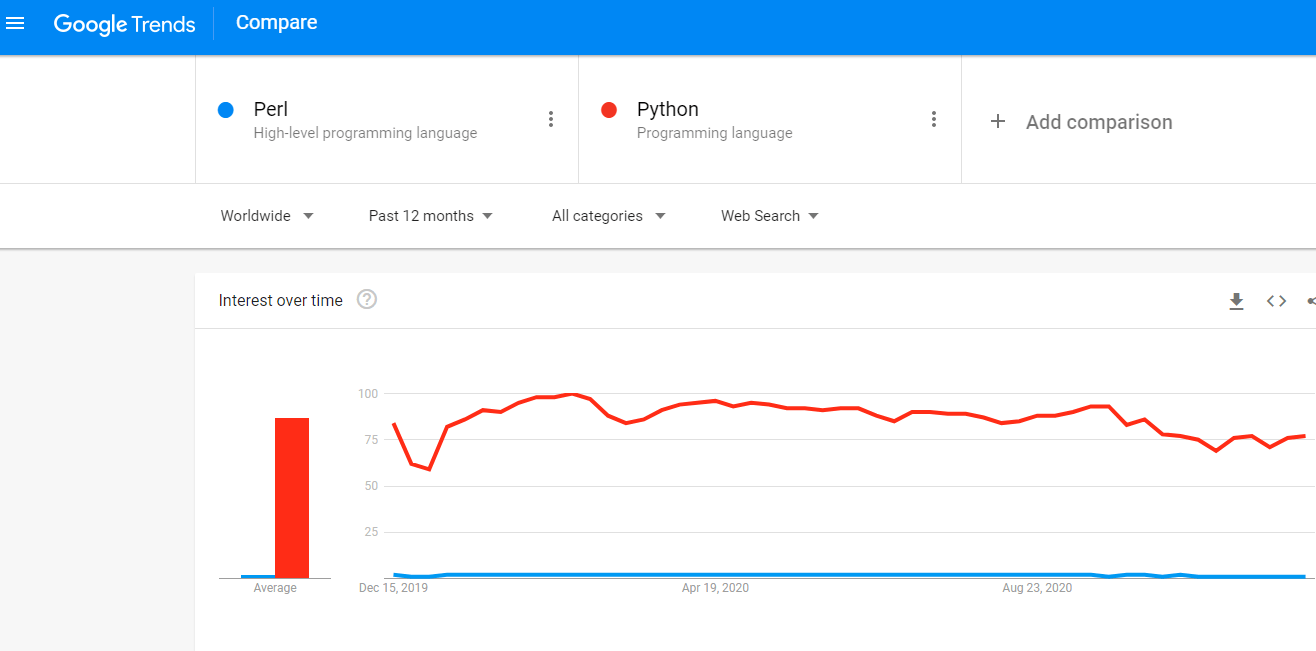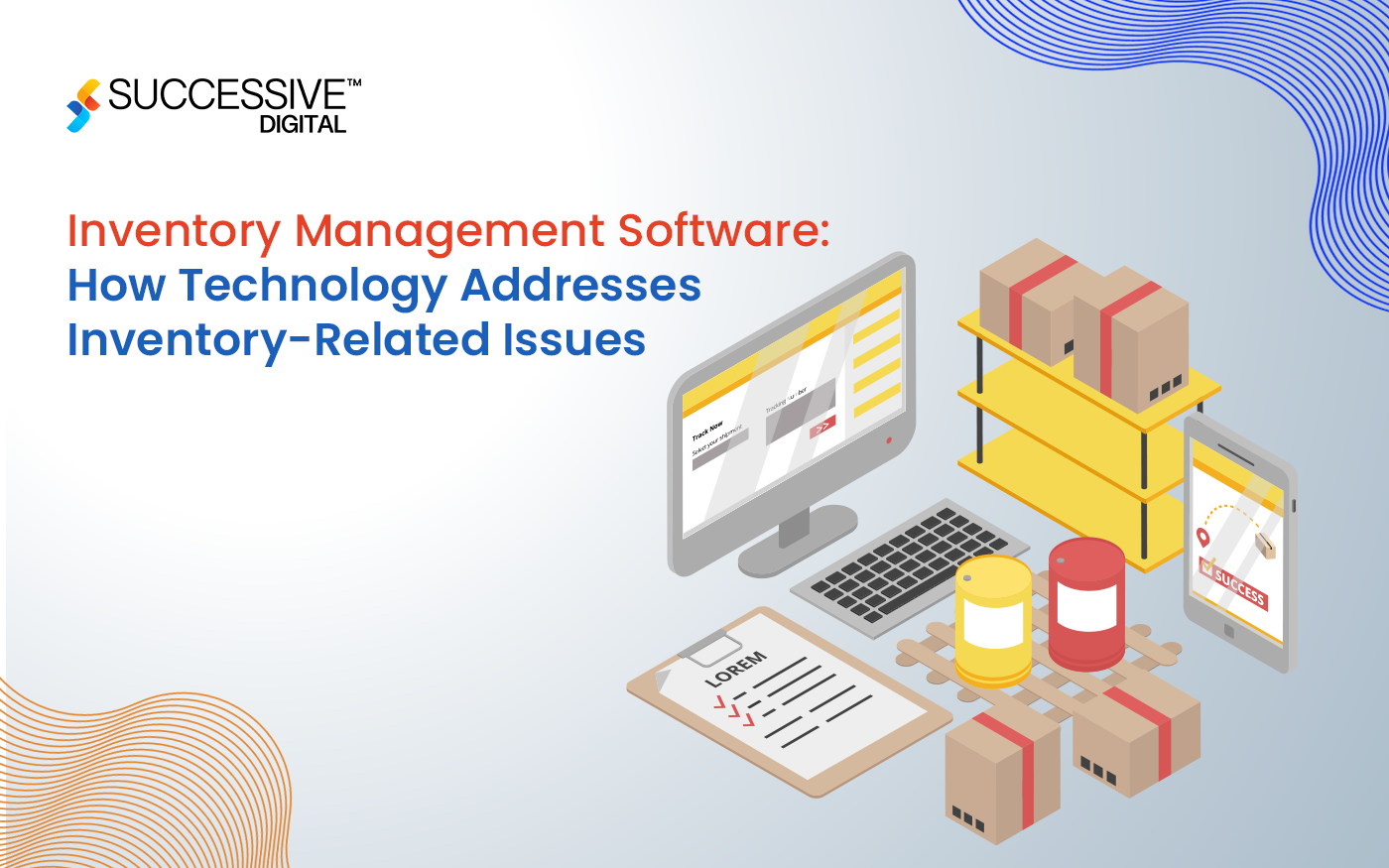Summary: Whether you are just a beginner or a development expert, you need to keep the tab of programming languages. Some languages will rise, and some will become extinct. Today, we will present you with a list of dying programming languages that will go extinct and which you need to avoid in 2024!
No programming language will endure forever. Even the most popular programming languages will crumble away after a period. The reason being developers keep on embracing new frameworks and languages they find it easier to work with. Here is a list of the top 7 programming languages that will be extinct in 2024.
- PERL
- Haskell
- Objective C
- CoffeeScript
- COBOL 60
- Pascal
- VB.NET
Perl
Perl belongs to a family of two high-level, interpreted, general-purpose, and dynamic programming languages. Its prime role is text manipulation, but developers also use it for GUI development, network programming, system administration, and web development.
While Perl includes the features that ease the programmer’s job, it comes at the cost of greater memory requests and CPU. Most developers prefer to use Python over Perl. Why? Because the latter is better in terms of matching and substitution.
Have a glance:
Python vs. PERL

Objective-C
Objective-C is a 35-year-old programming language developed in the 1980s. Though not purely dead, Swift, a more popular programming language, has replaced it. Earlier Objective-C was the primary language for Apple to develop macOS and iOS operating systems. Today, modern iOS development depends on Swift.
Objective C will still be in demand till Apple decides to redesign its OS completely. Even though if Objective C borrows some features of Swift, it will always lag. The reason being Security. Since protection is a prime concern, developers can’t ignore it.
Haskell
Haskell is a general-purpose, statically typed functional programming language. You can use it to handle symbolic computations and list processing applications. Smart features like short & maintainable code, shorter lead times, and higher reliability make it perfect for the research and industrial application domain.
For the last 8-10 years, Haskell is consistently losing its charm. Even the TIOBE popularity index confirms this fact. The reason being static-typing and challenging learning. Its last stable release was nine years ago.
Many newer languages, compared to Haskell, such as Go and Python, are gaining more traction with the growing technology.
CoffeeScript
CoffeeScript is a programming language that compiles to JavaScript. It adds syntactic sugar to improve the readability and brevity of JavaScript. List comprehension and assignment destruction are some of the unique traits.
Though the language becomes very popular in a short period, it also lost its charm very quickly. CoffeeScript was declining from 2013 to 2018, but it fell more sharply from 2018 to 2019. Moreover, the compilation process, prone to change, is a significant reason behind CoffeeScript’s decreasing demand.
COBOL60
COBOL 60 (Common Business-Oriented Language) is one of the oldest languages, i.e., designed primarily for business use. As compared to COBOL, programmers find using static typing Java or dynamic typing Python more comfortable. The primary reason COBOL has strong typing rules and is a bit difficult to parse. Consequently, big corporations are moving on with other alternatives, i.e., cloud-based solutions.
Pascal
Another programming language that will be extinct in 2024! Pascal is imperative & procedural and meant for teaching, specifically. You can even use it to encourage the best programming practices using structured programming and data structures.
It descended from ALGOL 6 and led to the development of Object Pascal. Features such as easy to learn, strong typed, and extensive error checking make it popular among developers. At present, old Pascal is almost dead, and the Object Pascal is on the verge of disappearing.
VB .Net
VB.NET is an object-oriented programming language. Developed by Microsoft and implemented by .NET Framework, VB.NET is a variant version of BASIC. In 2002, Microsoft represented it as the successor of its initial Visual Basic Language.
Though VB.NET was quite popular for a long time, it lost its charm with the emergence of C# in terms of demand & popularity. Google Trends result also justifies this.
Final Thoughts
By now, you must have a clear understanding of the programming languages that are going extinct in 2024. But it doesn’t imply these languages will die or disrupt instantly. However, it means it is not worth learning, and we should look for a better alternative. Above all, it’s good to stay updated with all the latest trends and technologies.
If you are looking forward to developing your new app depending on any of the above languages, ‘ ‘it’s time to rethink. Our expert developers at Successive Digital would be happy to assist you. Even if you need support to identify your app or project’s best programming language, we are happy to help.












